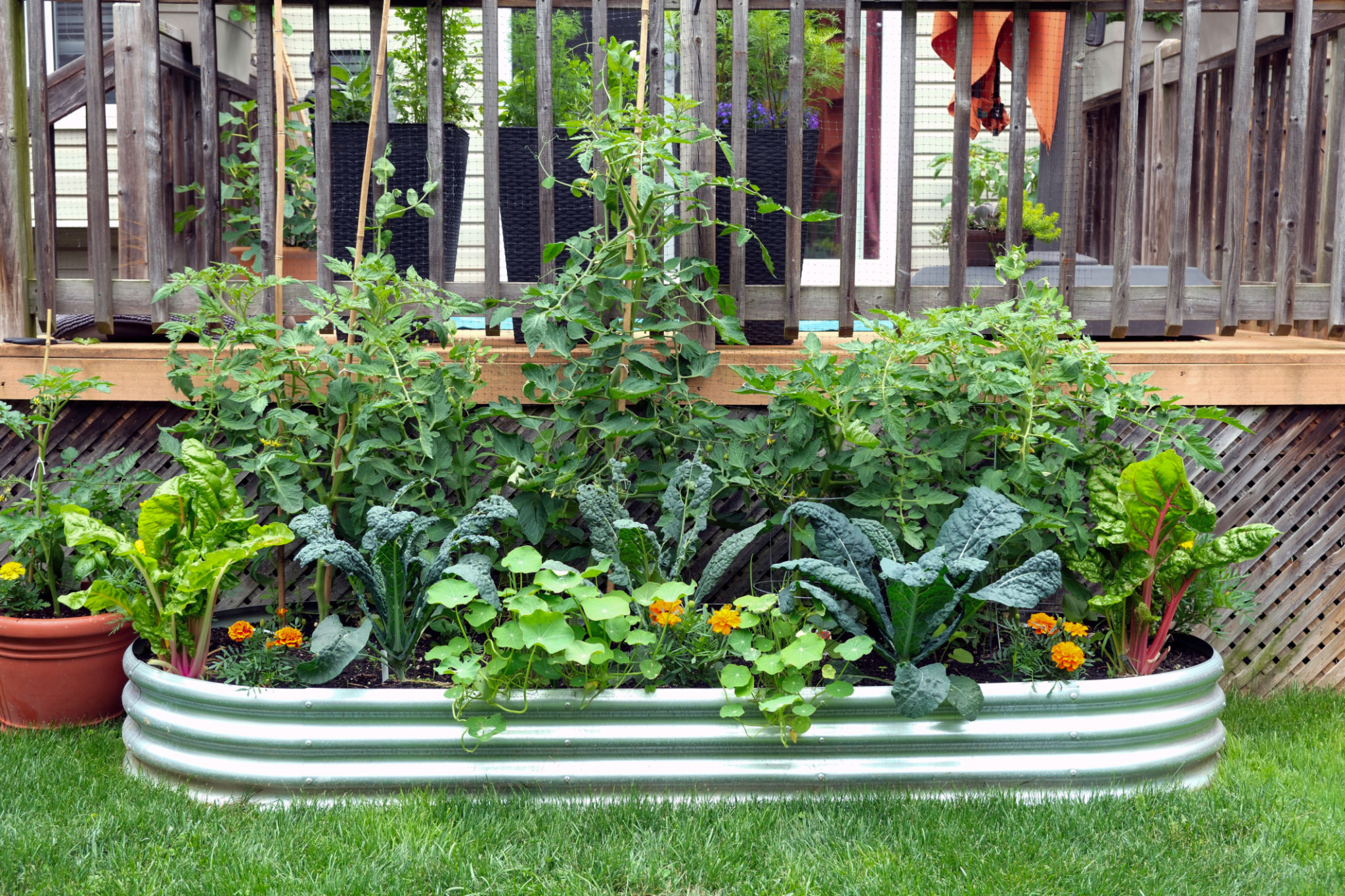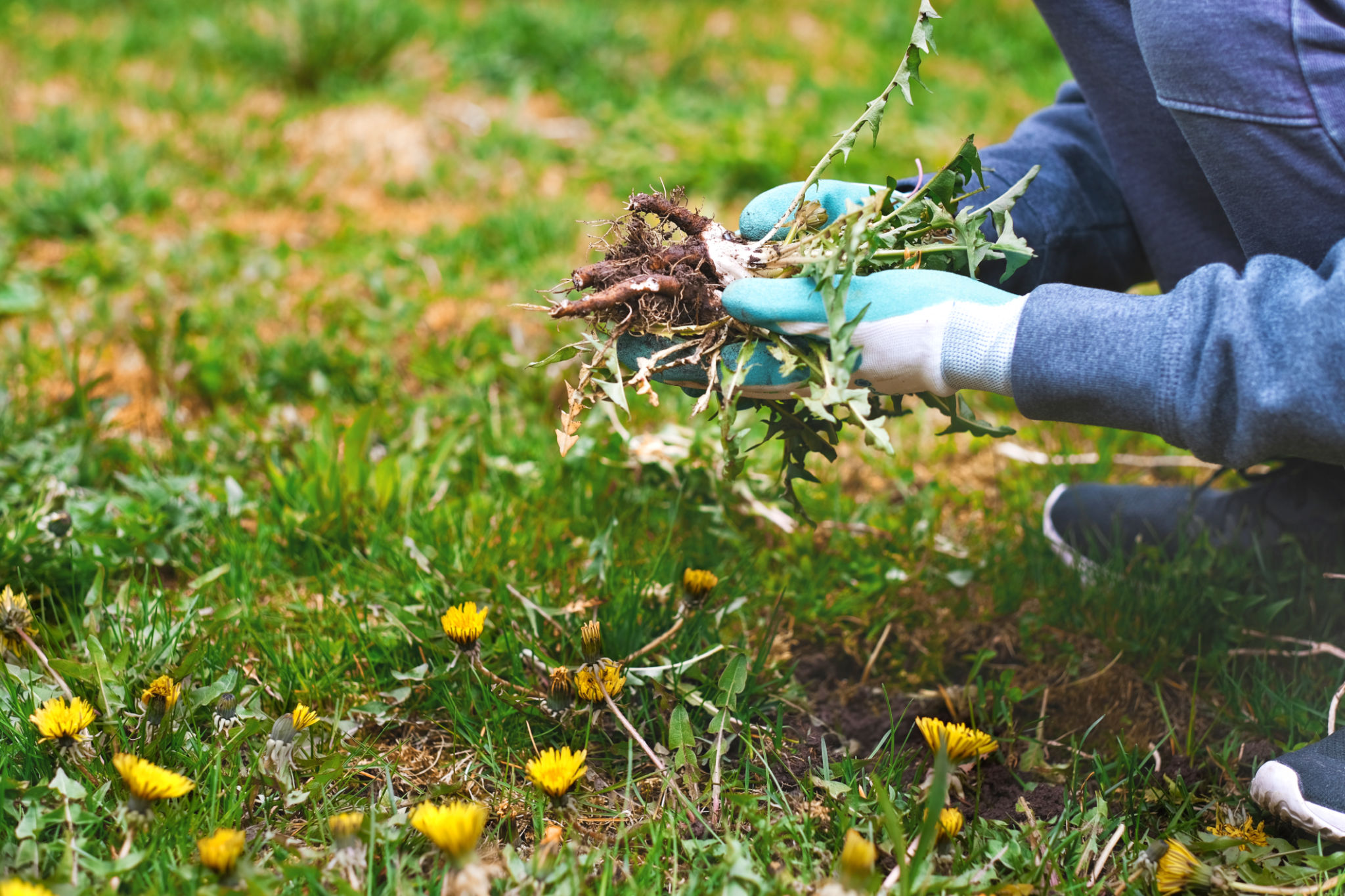Success Stories: Transforming Backyards into Edible Gardens in New Jersey
The Rise of Edible Gardens in New Jersey
In recent years, New Jersey homeowners have been transforming their backyards into thriving edible gardens. This movement has been driven by a growing awareness of sustainability, health consciousness, and the simple pleasure of homegrown produce. From suburban lawns to urban balconies, these green spaces are redefining what it means to garden in the Garden State.

Why Edible Gardens?
Edible gardens offer a multitude of benefits. For starters, they provide fresh, organic produce right at your doorstep. This not only reduces your grocery bill but also ensures that you and your family are consuming pesticide-free vegetables. Additionally, gardening is a great form of exercise and a stress reliever, making it a beneficial hobby for both physical and mental health.
Success Stories from the Community
Many New Jersey residents have shared their success stories, inspiring others to embark on their gardening journeys. For instance, Jane from Princeton turned her small backyard into a lush vegetable oasis that now supplies her family with everything from tomatoes to kale. Similarly, the Johnson family in Hoboken converted their rooftop into a thriving herb and vegetable garden, maximizing their urban space.

Steps to Start Your Own Edible Garden
If you're considering starting your own edible garden, here are some steps to guide you:
- Plan your garden: Decide which fruits and vegetables you want to grow based on your climate and space.
- Prepare the soil: Ensure your soil is rich in nutrients by adding compost or organic fertilizers.
- Choose the right plants: Opt for plants that are suitable for your local climate and season.
- Maintain regularly: Water consistently and keep an eye out for pests.
Challenges and How to Overcome Them
While the idea of an edible garden is appealing, it does come with its set of challenges. New Jersey's diverse climate means gardeners must be prepared for varying weather conditions. Additionally, pests can pose a significant threat to crops. However, with the right planning and natural pest control methods, such as introducing beneficial insects or using homemade sprays, these challenges can be effectively managed.

The Role of Community Support
Community gardens have also played a pivotal role in promoting the concept of edible gardening. These shared spaces not only provide individuals with the opportunity to grow their own food but also foster a sense of community and collaboration. Workshops, seed exchanges, and communal workdays help novice gardeners learn from experienced ones, ensuring that everyone has the resources they need to succeed.
Looking Forward: The Future of Edible Gardens
The trend of edible gardens is expected to grow as more people recognize the benefits of sustainable living. As technology advances, we may see innovations like vertical gardens and smart gardening tools becoming more accessible, making it even easier for New Jersey residents to cultivate their own food.
In conclusion, transforming backyards into edible gardens is not just a trend but a lifestyle choice that promises health, sustainability, and community engagement. Whether you're a seasoned gardener or just starting out, there's no better time to join this growing movement in New Jersey.